Extreme winter environment dominates gut microbiota and metabolome of white-lipped deer
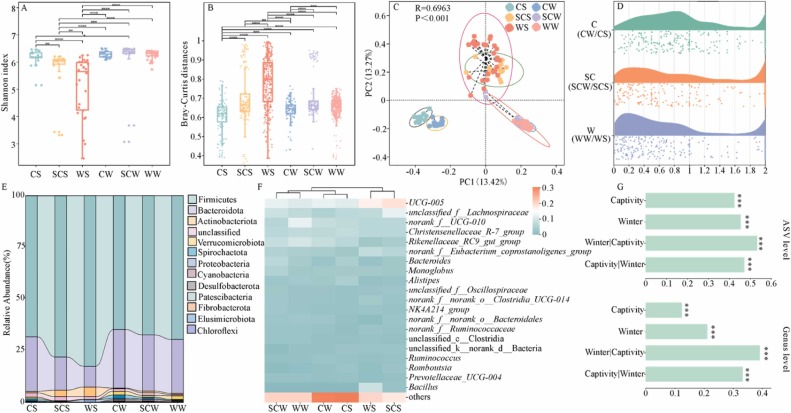
April 22, 2025 Qinghai-Tibet Plateauis marked by harsh environments that drive the evolution of unique nutrient metabolism mechanism in indigenous animal gut microbiotas.
Structural characterization and protective activity of α-glucans derived from
Cynomorium songaricum Rupr. against homocysteine-induced oxidative stress in MC3T3-E1 cells
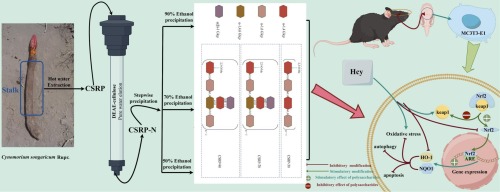
April 21, 2025 Graphical abstractThe link below will guide you to the reading:https://doi.org/10.1016/j.ijbiomac.2025.143344.
Integrated microbiological and metabolomic analyses reveal the mechanism by which P addition affects the quality of Anisodus tanguticus
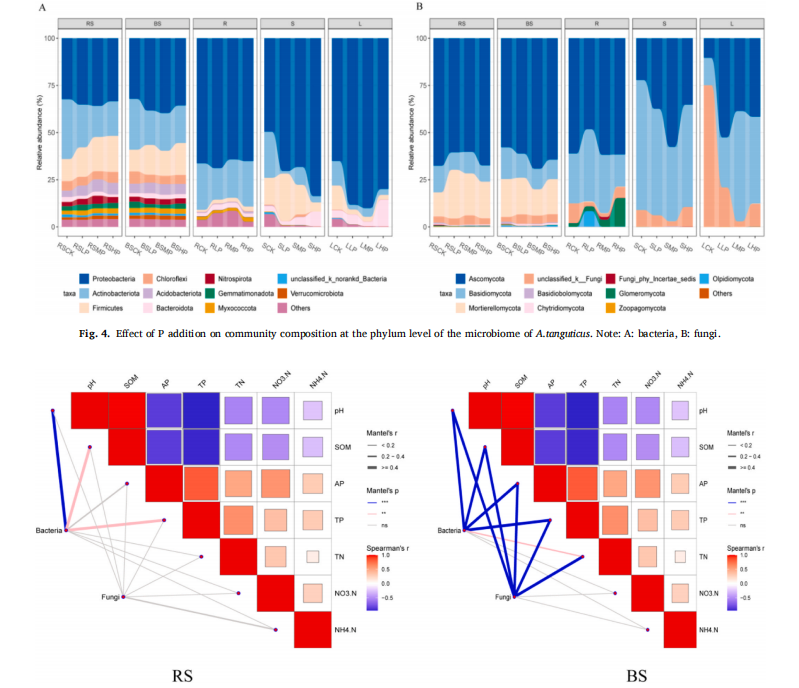
April 03, 2025 Anisodus tanguticus, a rare medicinal plant producing clinically vital tropane alkaloids:anisodine, anisodamine, scopolamine, and atropine, faces challenges in sustainable cultivation due to wild resource scarcity and...
Tentative characterization of three novel coumaroyl glucoside β-carboline alkaloids and discovery of hypoglycemic compounds from Nitraria tangutorum Bobr. Fruit
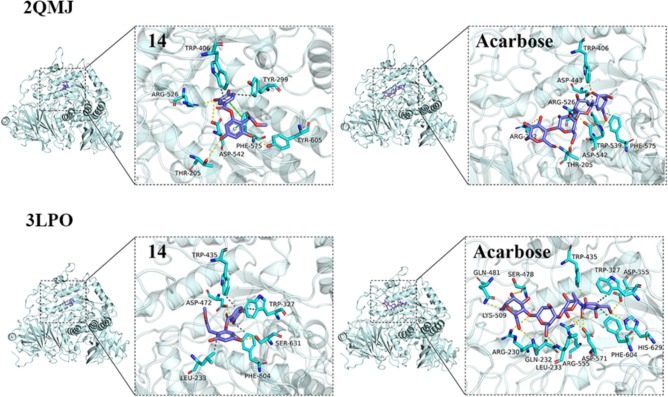
April 01, 2025 Nitraria tangutorum Bobr., mainly distributed in the Qaidam Basin, had high medicinal and ecological value, and research on its chemical components and bioactivities is necessary.
Culture-dependent and -independent analyses reveal unique community structure and function in the external mycelial cortices of Ophiocordyceps sinensis
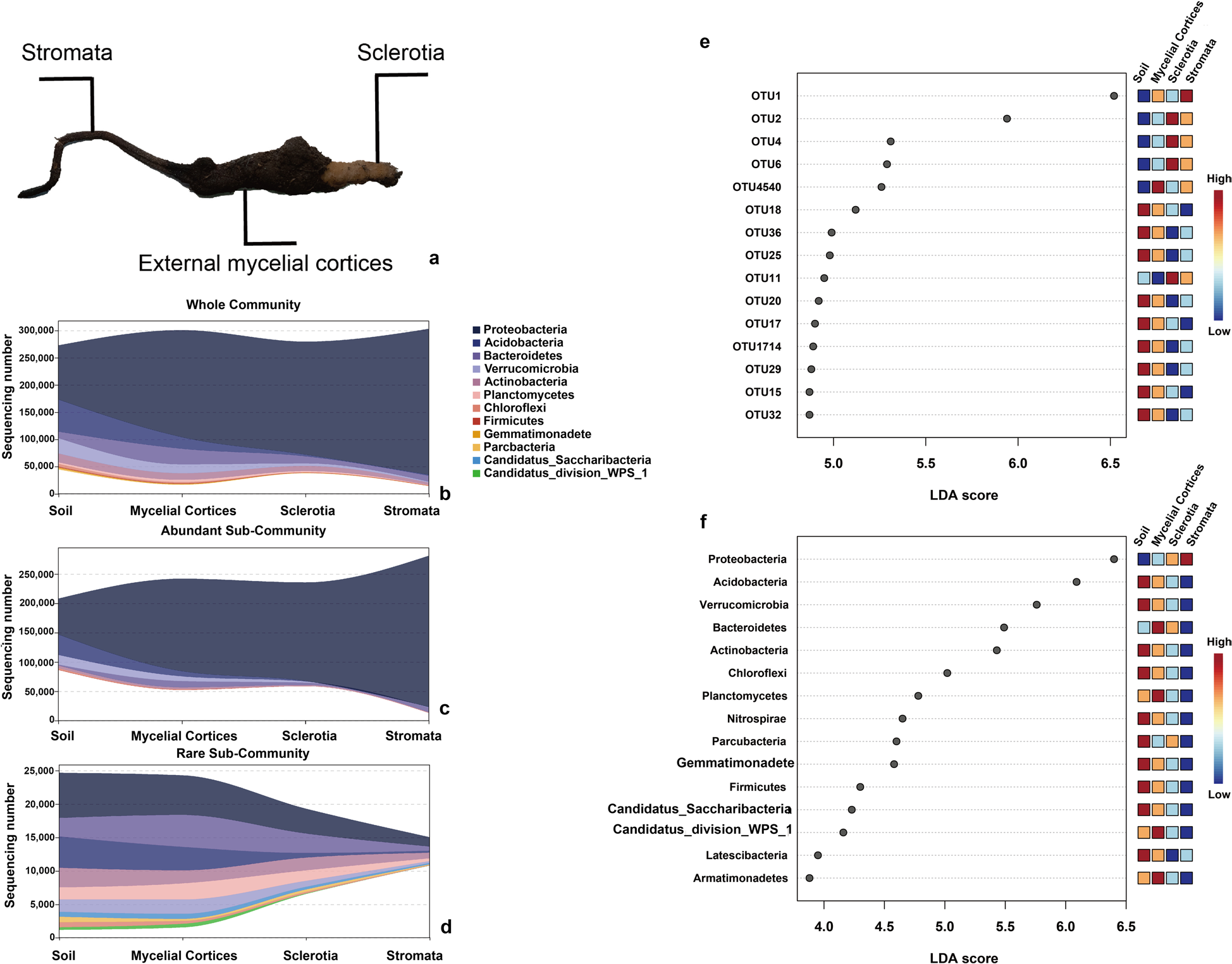
March 26, 2025 Ophiocordyceps sinensis, also known as DongChong XiaCaoin China, is a complex of the parasitic fungus Hirsutella sinensis and its caterpillars host living in extreme alpine environments on the Qinghai-Tibetan Plateau.
